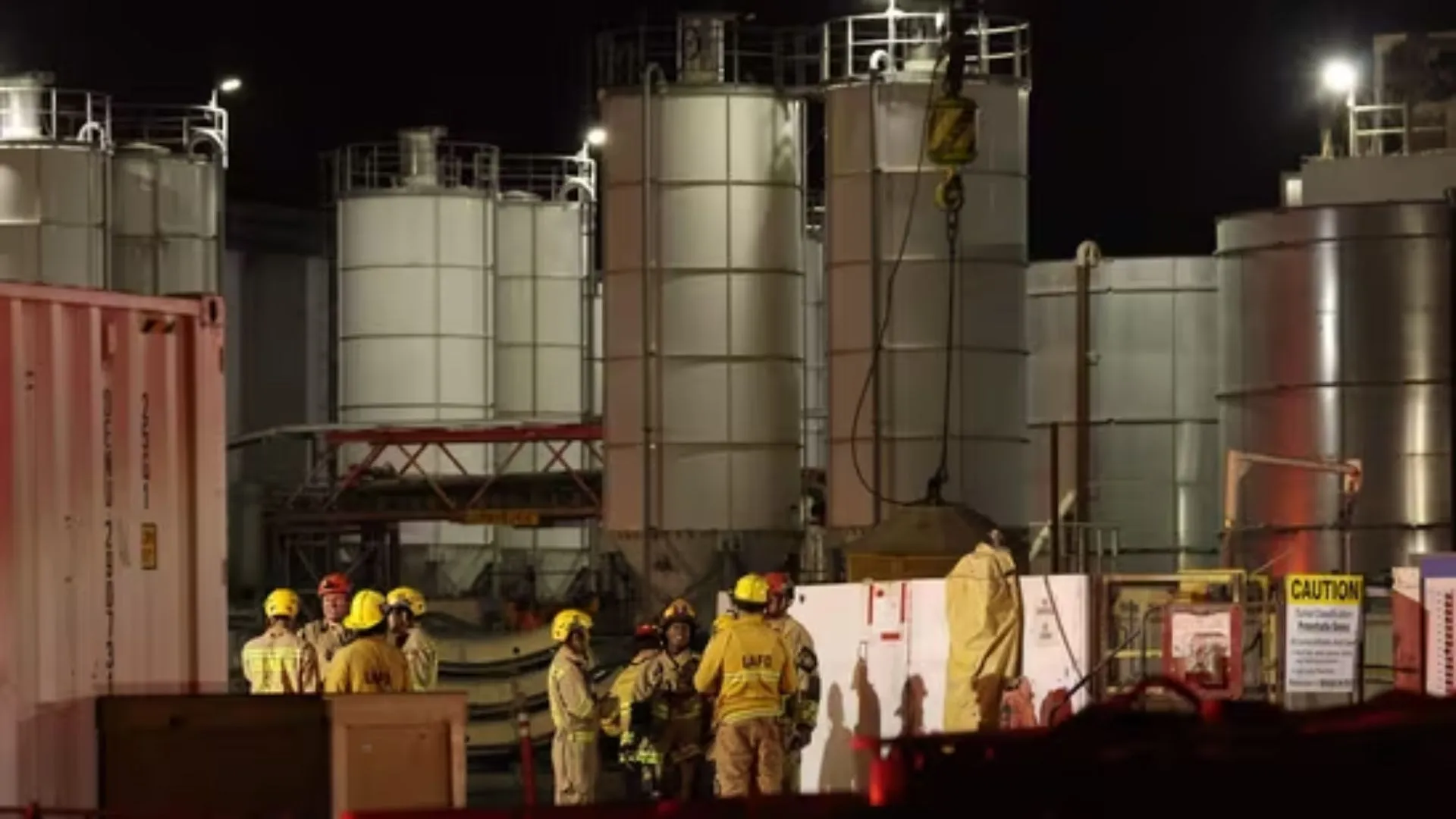Blue Origin made history on April 14 when its New Shepard rocket carried an all-female crew to the edge of space. The crew included pop star Katy Perry, journalist and Jeff Bezos’ fiancée Lauren Sánchez, CBS host Gayle King, and three other women. The flight, lasting approximately 11 minutes, cost $150,000 (Rs 1.3 crore) for just the deposit. This marked the first time since 1963 that an all-female crew went to space. While the event drew attention, space tourism has faced significant criticism for its high cost and environmental impact.
What is Space Tourism?
Space tourism is a new trend where private individuals, typically wealthy, pay to travel to space for leisure. These travelers often reach the Kármán line, which is 100 kilometers above Earth and marks the boundary of space. On Blue Origin’s flight, the crew crossed this line, experiencing weightlessness before returning. This form of tourism differs from traditional space exploration, which is aimed at scientific research and technological advancements.
The Growing Space Tourism Industry
The space tourism industry has seen rapid growth. In 2023, it was valued at $848.28 million, and by last year, it had grown to $1.3 billion. Experts predict it will continue to grow at a rate of 31.6% annually, reaching $6.7 billion by 2030. Supporters argue that space tourism helps renew interest in space exploration and brings investment into technological innovations. For example, advancements in fuel technology could lead to the discovery of more sustainable energy sources.
Annette Toivonen, a space tourism lecturer, believes that space technology could eventually lead to breakthroughs in alternative fuel systems for airplanes. Blue Origin’s founder, Jeff Bezos, has defended space tourism, suggesting that it is laying the groundwork for future generations to solve Earth’s problems through space exploration.
Space Tourism’s Benefits
While space tourists are primarily traveling for fun, they also participate in experiments studying the effects of microgravity on human health, plant growth, and material properties. These experiments could contribute valuable knowledge to space research.
Criticism of Space Tourism
Despite its benefits, space tourism has faced harsh criticism. The high cost makes it accessible only to the wealthiest individuals, with tickets costing millions. For example, passengers on Virgin Galactic’s spacecraft pay around $450,000, while Blue Origin’s tickets are priced similarly. Elon Musk’s SpaceX trip in 2021 cost $55 million per seat.
Space tourism has also been criticized for its environmental impact. Rockets are known to harm the ozone layer and contribute to pollution. Eloise Marais, an expert in physical geography, explained that nitrogen oxides from rocket launches can contribute to ozone depletion. Virgin Galactic’s hybrid engines burn rubber, leaving behind soot, while Blue Origin’s rockets, although cleaner, still produce water vapor that can affect the climate.
Environmental Concerns and Climate Impact
Experts like Martin Ross warn that the rapid growth of space tourism could significantly impact the environment. Though the space industry currently burns less than one percent of the fuel used by aviation, the increasing frequency of launches could have a larger impact in the future. Dallas Kasaboski, a principal analyst, notes that each suborbital flight produces pollution equivalent to a long-haul flight. This raises concerns about the long-term effects of frequent space travel on the planet’s climate.
While space tourism has made significant strides in the past few years, it remains a contentious issue due to its cost and environmental footprint. There is still much to learn about the full impact of space tourism, and as the industry grows, it will face continued scrutiny.






















